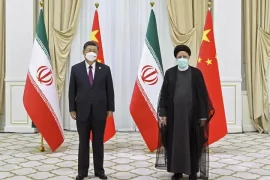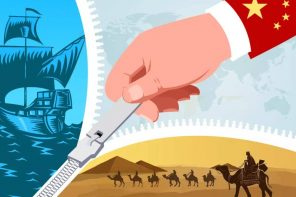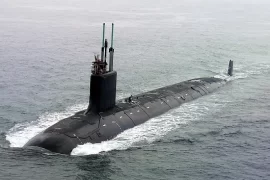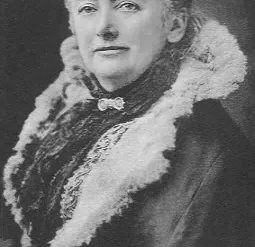South Korean President Yoon Suk Yeol’s Japan visit could not have come at a more crucial time. On one hand, North Korea’s aggression is growing. While tensions between China and the US over Taiwan have reached a critical point. This marks the first official visit by a South Korean top leader to Japan in 12 years. The Tokyo Summit holds the potential to pave the way for a more stable and peaceful future in the region.
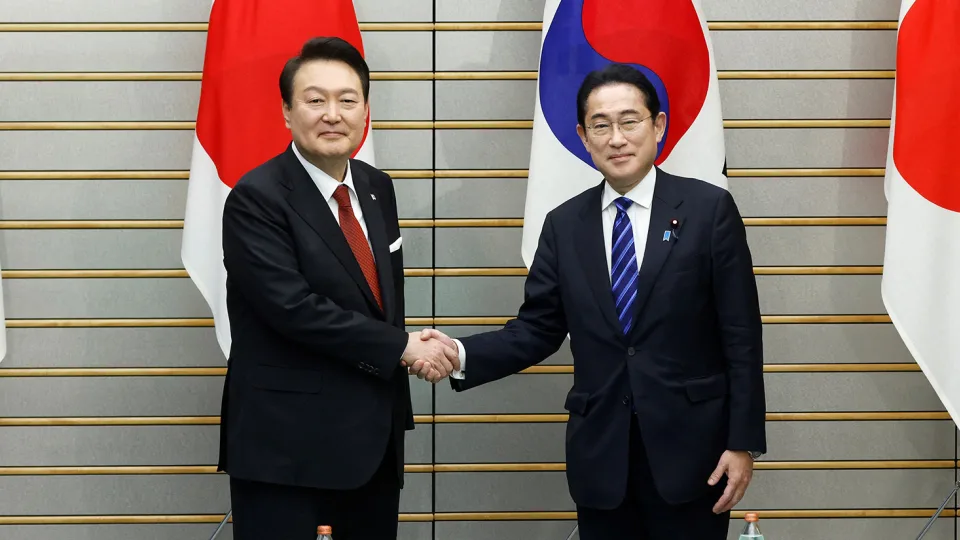
Historical feuds between Japan and South Korea
Japan South Korea relations have gone through a long history of disagreements. It dates back to Japan’s colonial rule over Korea from 1910 to 1945. Japan forced Koreans into labour and sexual slavery. This tormenting past has created deep-seated resentment towards Japan that still exists today.
Recent events have made things worse between the two countries. In 2018, South Korea’s Supreme Court asked Japan to pay Korean victims of forced labour. Japan disagreed, citing a treaty from 1965 that they said resolved all claims from that time.
Many South Koreans believe the treaty was unfair. It did not do enough to compensate for the suffering caused during the colonial era. They also feel that Japan’s apology for its wartime actions was not sincere.
In response to the 2018 ruling, Japan put restrictions on exporting critical chemicals. South Korea badly needed those chemicals for their semiconductor industry. South Korea saw this as an act of economic retaliation and downgraded Japan’s trade status. They also threatened to end an intelligence-sharing agreement with Japan.
Japan-South Korea relations: A timeline
Here is a timeline of some significant events in the history of Japan South Korea relations:
1910: Japan annexes Korea, beginning a period of colonial rule that lasts until 1945.
1945: Japan surrenders at the end of World War II, and Korea is liberated from Japanese colonial rule.
1948: The Republic of Korea (South Korea) is established, with US-backed Syngman Rhee as its first president.
1952: Japan and South Korea sign a peace treaty, with Japan renouncing all claims to Korea.
1965: Japan and South Korea sign a treaty that establishes diplomatic relations between the two countries. Japan provides South Korea with $800 million in grants and loans as part of the agreement.
1991: South Korea and Japan establish a Joint Declaration on the Reconciliation, Cooperation and Future-Oriented Relationship.
1992: Japan issues a statement of apology for its colonial rule of Korea and its wartime aggression.
2002: South Korea and Japan co-hosted the FIFA World Cup, which is seen as a significant moment of cooperation and reconciliation between the two countries.
2012: Then-South Korean President Lee Myung-bak visits the disputed Dokdo/Takeshima islands, which are claimed by both South Korea and Japan.
2015: On the 50th anniversary of the normalization of diplomatic relations between Japan and South Korea, then-South Korean President Park Geun-hye calls on Japan to make a “heartfelt apology” for its past actions.
2018: South Korea’s Supreme Court orders Japanese companies to compensate Korean victims of forced labour during the colonial era. Japan rejects the ruling, arguing that the issue had already been settled under the 1965 treaty.
2019: Japan imposes export controls on chemicals critical to South Korea’s semiconductor industry, leading to a deterioration of relations between the two countries.
2021: New Japanese Prime Minister Fumio Kishida expresses his intention to work towards reconciliation with South Korea and address historical issues between the two countries.
Yoon’s effort to mend ties with Japan
South Korean President Yoon has proposed a plan to mend ties with Japan. Yoon Suk Yeol’s Japan visit goal was to find a lasting solution to the historical feud between the two countries.
Yoon plans to set up a foundation to provide reparations to the victims of forced labour. Some South Korean companies would fund the foundation. Those companies benefited from the 1965 normalization accord.
The plan does not ask for reparations from the forced labour employer Japanese companies. Nippon Steel and Mitsubishi Heavy Industries are two major companies.
Japanese Prime Minister Kishida has stated its support for the South Korean plan. He expressed remorse over Japan’s wartime aggression in Asia. Japanese firms would make voluntary donations to the South Korean foundation.
As a result of the proposal, South Korea and Japan have announced talks to restore trade relations, and the South Korean industry ministry has suspended a case it brought to the World Trade Organization over Japanese export curbs. The South Korean defence ministry has also stated its intention to work with Japan to enhance security cooperation, including trilateral relations with the US.
Domestic opposition to Yoon’s rapprochement plan
Yoon’s rapprochement plan has faced strong opposition in South Korea. Former forced labourers have been demanding direct payments and an apology from Japan. They view Yoon’s plan as a form of “submissive diplomacy”.
The main opposition Democratic Party has serious reservations about the plan. Lee Jae-Myung has termed it “the biggest humiliation and stain in diplomatic history”. He is the leader of the Democratic Party. He has also called for the government to withdraw it.
A recent Gallup opinion poll indicates a deep-seated mistrust between the two countries. It has been shown that around 60% of South Koreans oppose Yoon’s proposal. They think it does not ask for a new apology and reparations from Japan. 85% believe that the Japanese government is not remorseful about its colonial rule.
Significance of Yoon Suk Yeol’s Japan visit
The Tokyo Summit between the two countries is significant because it addresses the historical feud between them and fosters more collaborative Japan-South Korea relations, particularly in areas such as defence, security, and the economy.
Improving Japan-South Korea relations
The Tokyo Summit will definitely help overcome existing disputes between the two countries. The two leaders have agreed to resume regular bilateral visits.
Bilateral visits between the two countries have been on hold for 12 years.
Facing the North Korean threat
North Korea fired a long-range ballistic missile hours before the trip. It was a stark reminder of the importance of a united front between Japan and South Korea against North Korea.
This was the fourth intercontinental ballistic missile launch in less than a year.
Yoon Suk Yeol’s Japan visit was a part of the unitisation between Japan and South Korea and as a result, Japan and South Korea have agreed to resume bilateral security talks. They would also normalize their military intelligence-sharing agreement. They plan to share information on North Korea’s nuclear missile trajectories.
The Tokyo summit emphasized the importance of the free and open Indo-Pacific.
United front against China
The US has been trying for a long time to mend ties between Japan and South Korea. The goal is to form a united front against China.
North Korea fears the US-Japan-South Korea deterrence front. It’s also what China doesn’t want to see happen, Rahm Emanuel, US ambassador to Japan, told CNN following the Tokyo Summit.

